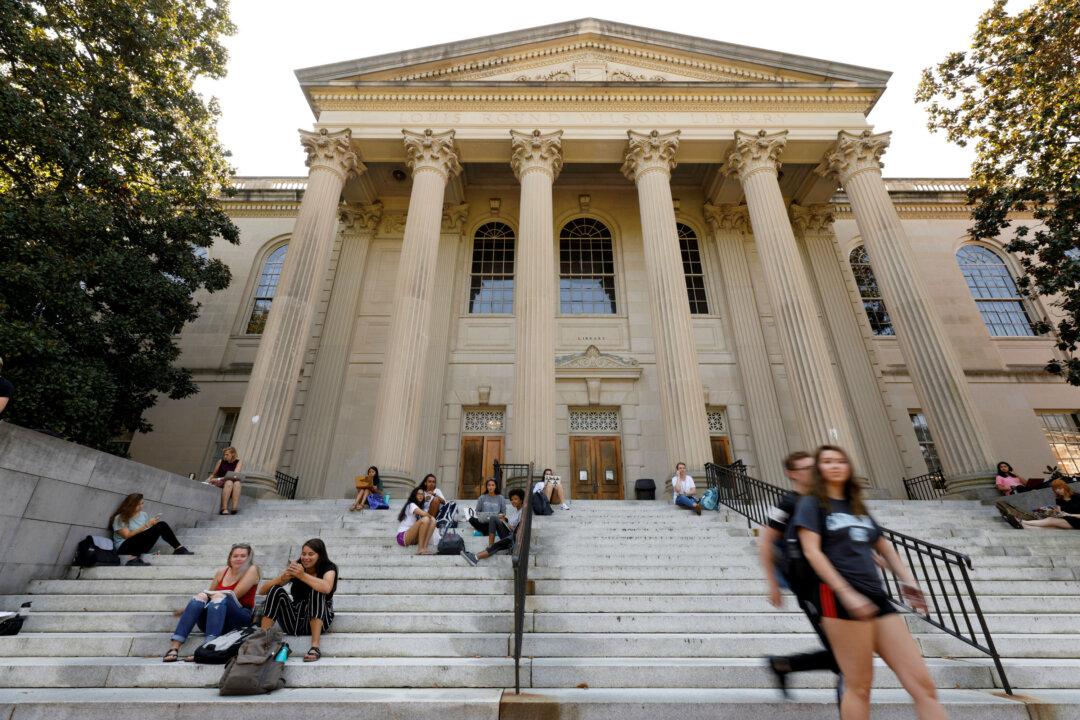Professors in North Carolina and other red states are lashing out against bills moving through Republican-led legislatures that would remove or weaken academic tenure and counter divisive political ideology.
Hundreds of University of North Carolina Chapel Hill (UNC-Chapel Hill) professors signed a letter published on April 24 in the university’s student newspaper opposing a tenure bill and another bill requiring the teaching of the Constitution and America’s founding.





